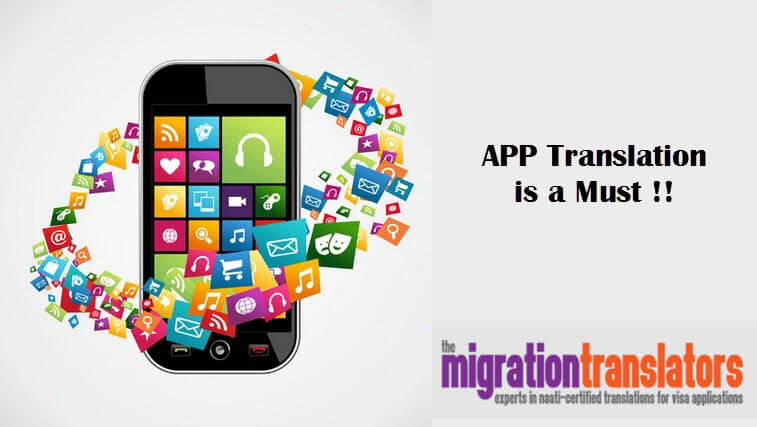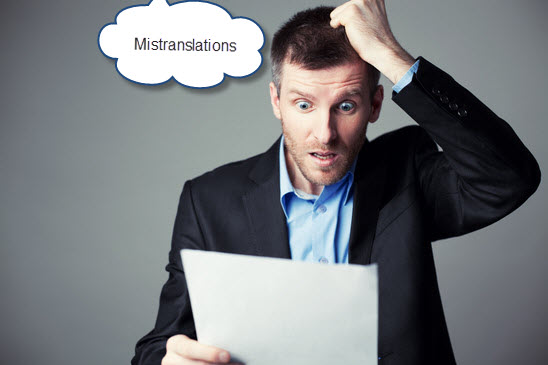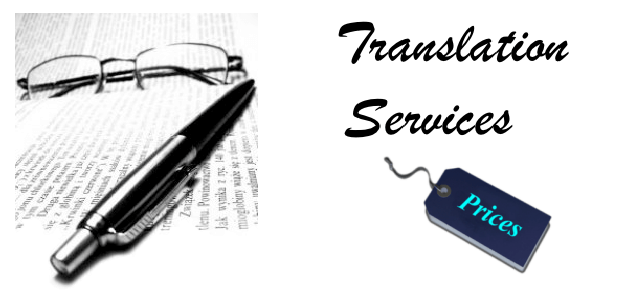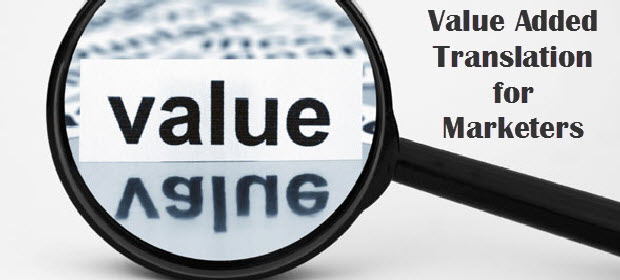Document translation services that don’t rush through a translation will get the best results. There are no precise criteria set for each document translation as it all depends on who is to receive the document as this will determine the type of language used. A translation service does offer a product when it provides translations of documents but it differs from products which have the same identity as each translation is unique.
Document translation services create an end product that suits precisely the client’s requirements. If the document has to be translated into layman’s language for a non specialist to read professional translation services will provide an appropriate translation. If the same document is to be read by a specialist the document translation services can provide a suitable translation with appropriate terminology for a professional. This type of service defines how adaptable professional the translation services are. The NAATI translator has the necessary experience to choose appropriate language in a document translation to suit the document’s audience
Most professional translation services do have a means of ensuring quality control and don’t necessarily depend on one NAATI translator to do a particular document translation. In fact there is a process that is followed that usually involves 3 steps. The first is a translation performed by a linguist who has been designated a professional in the field of language translation in the languages that will be required in the translation.
This translator should be able to provide a document translation that fits the audience in terms of language appropriateness, tone and style. Next, a professional editor is set loose on the document translation where he or she will, if necessary, alter and perfect so as to ensure the words fit the subject matter as well as confirming that the correct grammar, spelling and punctuation have been used.
The last step is when the final document translation is read by a professional project manager to make sure that the proper formatting of the document has been completed. Once these steps have been completed the document is ready to be dispatched to the client. This type of document translation service is the best that anyone can expect when using a professional translation service.











